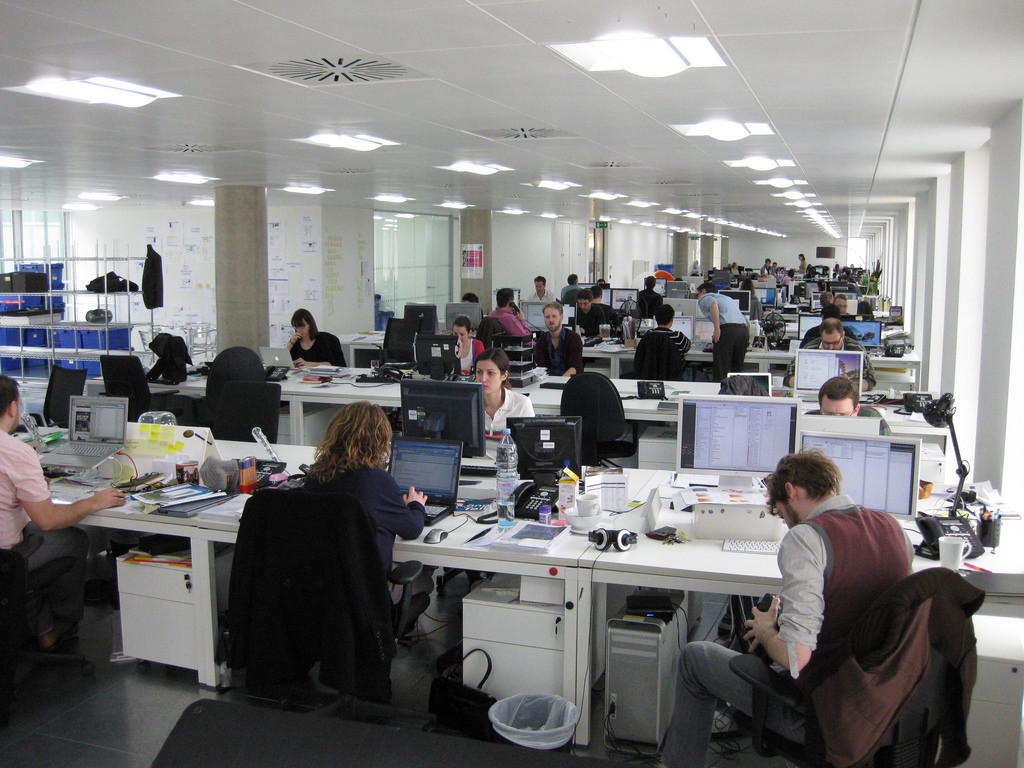
The ERP implementation process is such a major undertaking that it can be easy to start coasting once it’s over. But the implementation is just a hurdle, not the end of the race. The time and effort you invest post implementation really determines the long–term success of the solution. Instead of settling in, use these strategies to continue growing the value of your ERP.
Train Regularly
The best ERPs are intuitive from the start and configured to fit your workflows. But they will still take some training to learn, and ongoing training to master. Making sure your team receives regular updates and instruction on best practices, new features, and data security will only improve performance. Ask your team for ongoing feedback as well so that you can focus your training efforts where they are most needed and wanted.
Integrate with Other Systems
You ERP is probably not the only enterprise–wide system you work with. Integrating your ERP with a CRM or SCM solution can help you get more out of everything. Systems that communicate and collaborate with each other give you the kind of top–down perspective and real–time agility you’re looking for. Make sure to evaluate interoperability when you are vetting various ERP providers.
Add Customization
Hopefully your ERP was carefully customized to reflect your needs during the implementation. But it’s unlikely those needs are still the same. Being proactive about refining your ERP to reflect changes in your business ensures it continues to provide true value. Upfront flexibility is an important feature in ERP, but ongoing flexibility proves to be even more important.
Pursue Updates
Updates and patches allow you to work with the must current and capable version of your ERP. Unfortunately, staying on top of updates and other aspects of routine maintenance is a major undertaking for many in–house IT teams. ERP that is hosted and managed in the cloud ensures that updating is easy and automatic.
Scale Appropriately
If you are like many enterprises, your business will start to grow once you have the tools of your ERP at your disposal. Regardless of whether the growth is sudden or gradual, you can quickly surpass the capabilities of your original ERP. Scaling upward quickly and flexibly allows you to continue pursuing growth rather than stalling out. This is another area where relying on cloud ERP improves the long–term performance of your solution. Cloud platforms can grow or shrink almost on demand.
Adapt Your Processes
Before long your enterprise resource planning software becomes an ordinary, even integral part of your operations. Once this happens it’s important to update your operations – and your thinking about the operation – from top to bottom to reflect this change in capabilities. Processes based on the tools of the past will always fall short of what would be possible with a shift toward new tools. Put your ERP at the center of how you design your business.
Expect More
An ERP is not intended to be a static solution. The best developers and providers treat ERP as a growing, improving, expanding suite of technologies. You should have the same ambitious expectations. If your ERP is not providing exactly what you expected it to, insist on more. That can mean holding your current provider to task, or starting a search for a different provider.
If you are systematic about improving your ERP post implementation the process doesn’t have to be distracting or expensive. Just don’t run out of steam following the implementation. The more you put into your ERP the more you will get out of it in return.